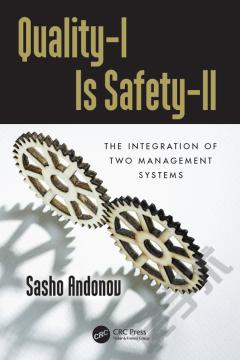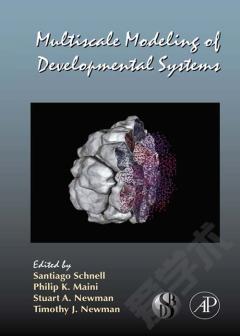Multilevel Modeling of Secure Systems in QoP-ML
In order to perform effective analysis of todays information security systems, numerous components must be taken into consideration. This book presents a well-organized, consistent solution created by the author, which allows for precise multilevel analysis of information security systems and accounts for all of the significant details. Enabling the multilevel modeling of secure systems, the quality of protection modeling language (QoP-ML) approach provides for the abstraction of security systems while maintaining an emphasis on quality protection. This book introduces the basis of the QoP modeling language along with all the advanced analysis modules, syntax, and semantics. It delineates the steps used in cryptographic protocols and introduces a multilevel protocol analysis that expands current understanding. Introduces quality of protection evaluation of IT Systems Covers the financial, economic, and CO2 emission analysis phase Supplies a multilevel analysis of Cloud-based data centers Details the structures for advanced communication modeling and energy analysis Considers security and energy efficiency trade-offs for the protocols of wireless sensor network architectures Includes case studies that illustrate the QoP analysis process using the QoP-ML Examines the robust security metrics of cryptographic primitives Compares and contrasts QoP-ML with the PL/SQL, SecureUML, and UMLsec approaches by means of the SEQUAL framework The book explains the formal logic for representing the relationships between security mechanisms in a manner that offers the possibility to evaluate security attributes. It presents the architecture and API of tools that ensure automatic analysis, including the automatic quality of protection analysis tool (AQoPA), crypto metrics tool (CMTool), and security mechanisms evaluation tool (SMETool). The book includes a number of examples and case studies that illustrate the QoP analysis process by the QoP-ML. Every operation defined by QoP-ML is described within parameters of security metrics to help you better evaluate the impact of each operation on your system's security.
{{comment.content}}








 京公网安备 11010802027623号
京公网安备 11010802027623号